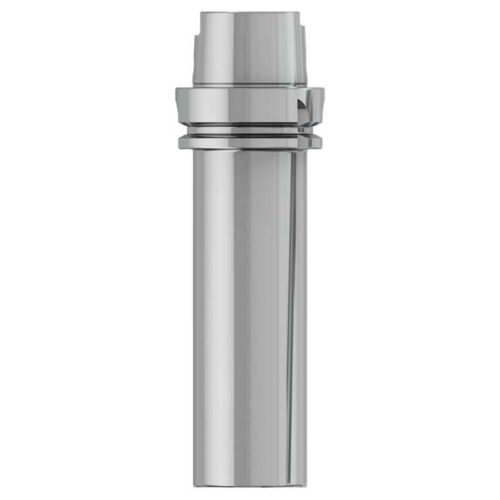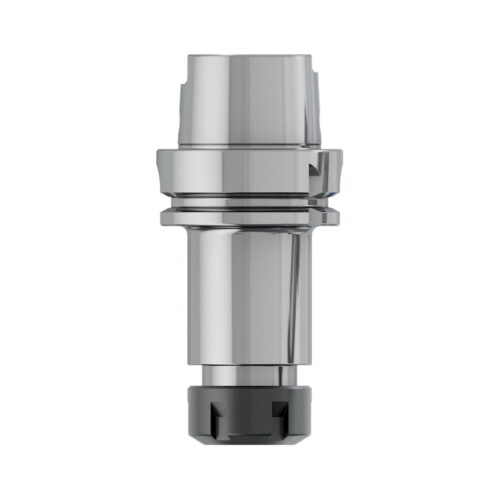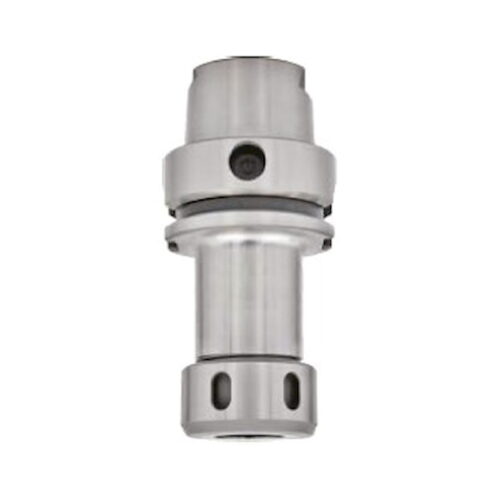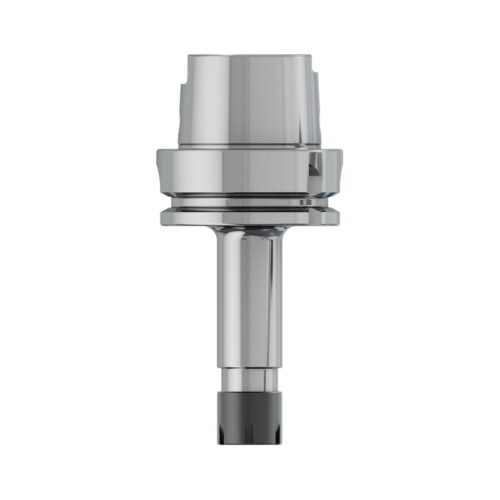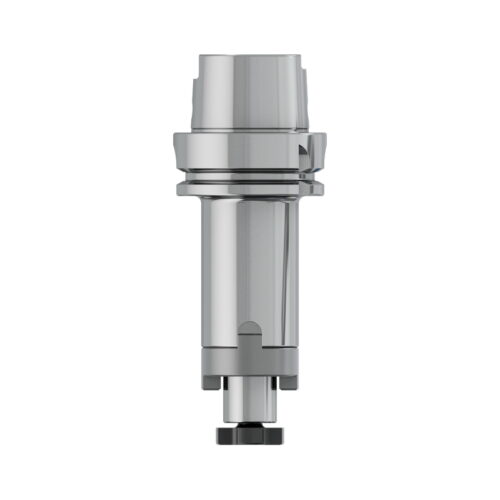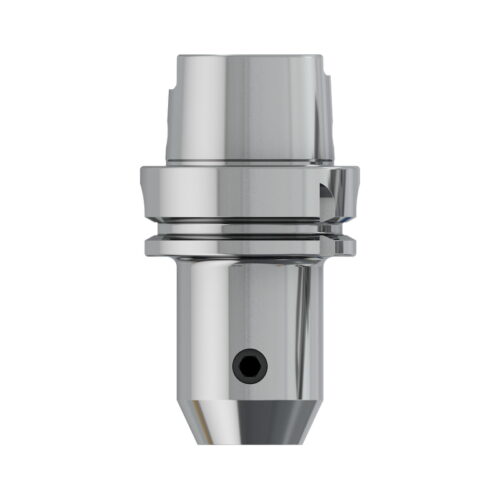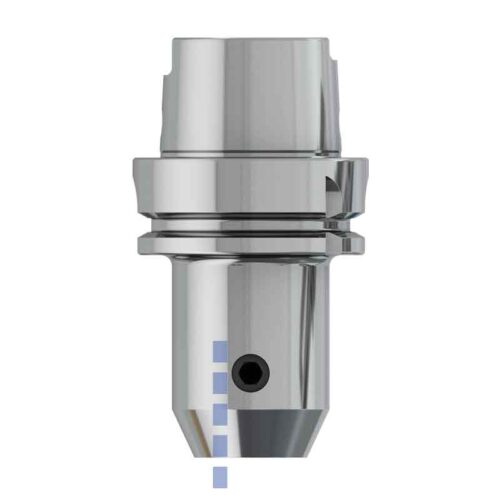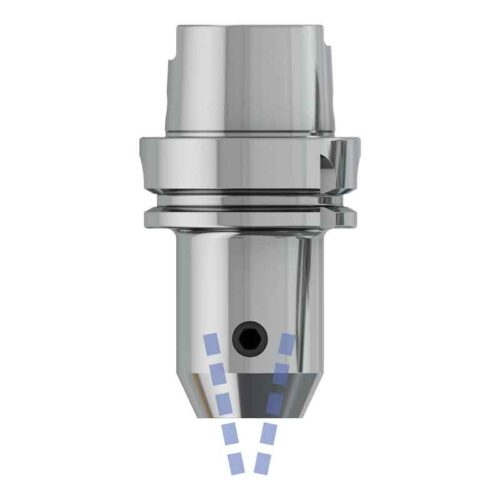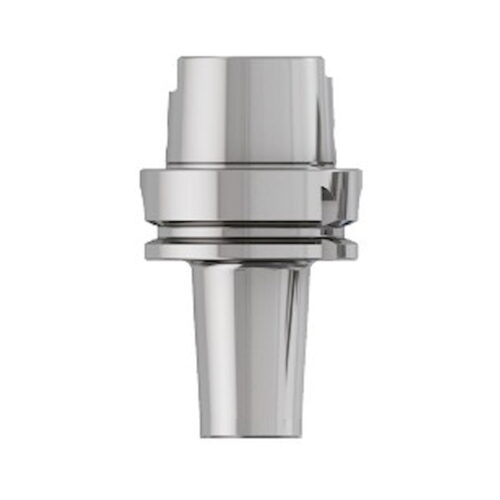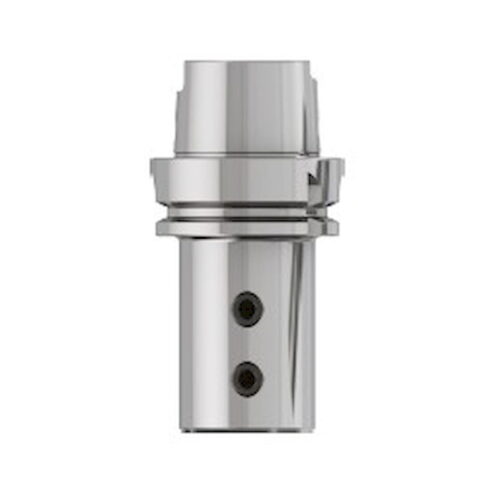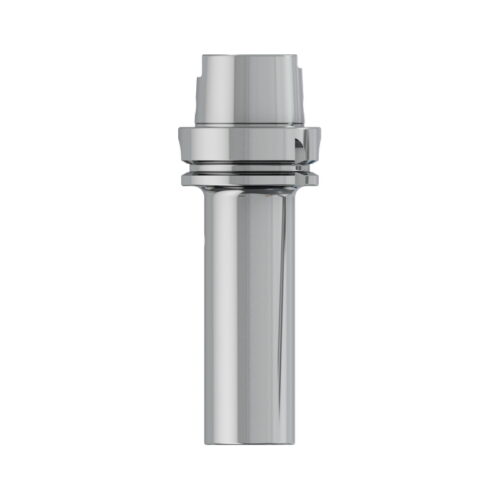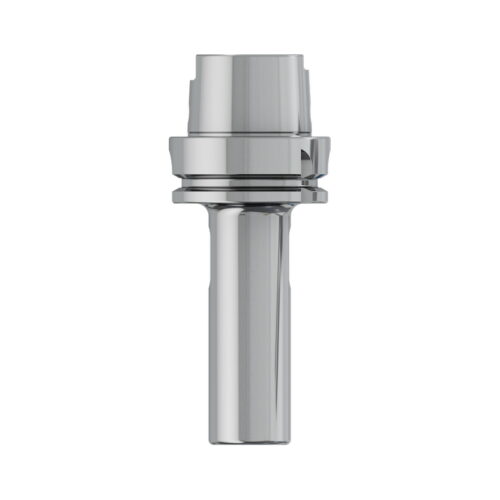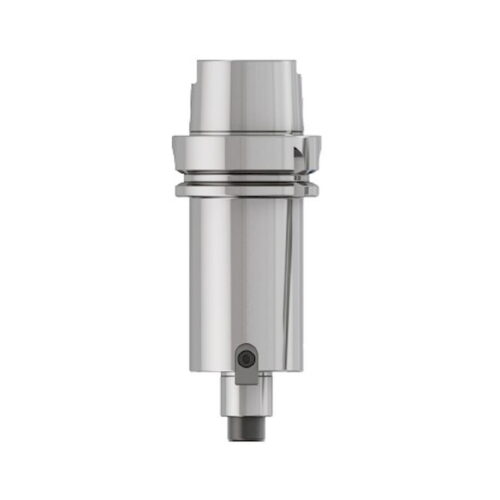HSK Tool Holders for rotating tools are advanced tooling solutions designed for high-speed CNC machining centers. These holders conform to the HSK (Hohl-Schaft-Kegel or Hollow Shank Taper) standard, which provides a high level of accuracy and stiffness due to its unique dual-face contact design. Here’s an in-depth description for your website:
HSK Tool Holders (Rotating Tools) are at the forefront of machining technology, offering unparalleled performance in high-speed CNC operations. The HSK standard is distinguished by its hollow shank taper design, which ensures a more reliable and stable tool connection, critical for high-speed machining applications.
Detailed Features and Benefits:
Dual-Face Contact Design: HSK holders provide simultaneous taper and flange contact with the machine spindle, ensuring high rigidity and excellent axial and radial positioning accuracy.
High-Speed Capability: The unique design minimizes tool imbalance and vibration, making these holders ideal for high-speed machining and ensuring superior surface finishes.
Rapid Tool Changes: Featuring a quick-change mechanism, HSK holders reduce setup time, enhancing machine uptime and productivity.
Lightweight and Durable: Constructed from high-strength materials, HSK holders are both lightweight and robust, supporting dynamic machining operations without compromising tool life.
Broad Compatibility: They accommodate a wide range of rotating tools, including milling cutters, drills, and tapping tools, offering versatility across diverse machining tasks.
Applications and Purposes:
Extensively used in high-precision industries such as aerospace, automotive, and die/mold manufacturing, where machining speed and accuracy are critical.
Suitable for demanding machining tasks that require excellent tool stability and precision, such as high-speed milling, drilling, and complex surface machining.
HSK Tool Holders (Rotating Tools) are synonymous with high-performance machining, providing the speed, precision, and flexibility required to meet the challenges of modern manufacturing processes, and are a key component in enhancing the efficiency and quality of CNC machining operations.

